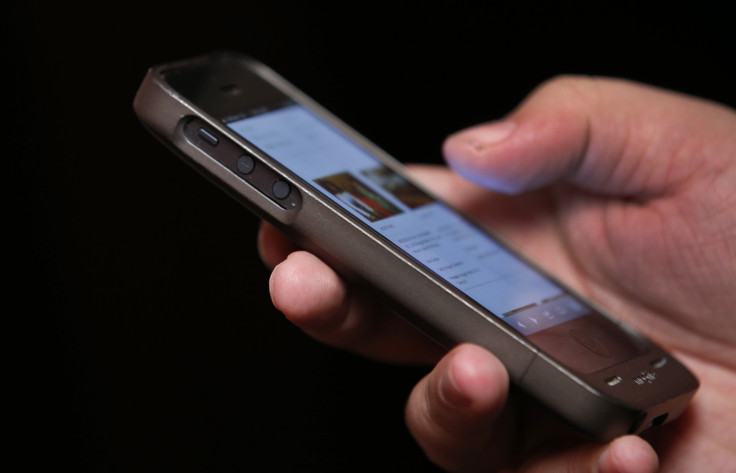What’s Up With WhatsApp: Facebook Takes Another Shot At Mobile Messaging Success

On Wednesday, Facebook announced that it will purchase mobile-messaging company WhatsApp for $16 billion in stock and cash.
As we reported earlier, it was rumored that the company would be snagged by Google Inc. (NASDAQ:GOOG), but Facebook Inc. (NASDAQ:FB) ultimately sealed the deal to buy the instant-messaging app. In the document filed with the SEC on Feb. 19, it was revealed that the deal will be financed with a cash payment of $4 billion and an additional $12 billion in shares of Facebook. WhatsApp founder Jan Koum and his staff will also receive $3 billion in restricted stock.
According to a blog written by Koum, customers will experience no changes in their service. The SEC filing also details that both Facebook and WhatsApp will remain exclusive from each other, much like the social network’s setup with Instagram -- the photo-sharing app Facebook acquired for $1 billion in 2012.
The purchase of WhatsApp highlights Facebook’s continuing interest in mobile messaging apps. Facebook tried to purchase Snapchat in 2013 -- an app that allows the sending of photos and videos that disappear after being opened by the receiver -- but the $3 billion offer wasn't accepted. Facebook founder Mark Zuckerberg said WhatsApp will be an engaging addition to his company’s current messaging services, adding that the app will “complement our existing chat and messaging services to provide new tools for our community." WhatsApp also provides the opportunity for Facebook to bounce back from previous failed attempts to increase the reach of its messaging offerings. The company’s Poke app, which also allowed users to send disappearing messages like Snapchat, faced a dismal reception from users. And the new Instagram Direct, which allows users to send photos to each other privately through Instagram, has seemingly failed to take off with users, the Huffington Post reported.
WhatsApp allows users to send text messages over the Internet when the mobile device is connected to WiFi, enabling them to save data and funds that they would normally use for traditional text-messaging plans. The five-year-old WhatsApp makes money by charging users 99 cent after 12 months of use. It's a free download and doesn’t feature any ads -- a distinct difference from most of the mobile apps available. Users -- WhatsApp now has more than 450 million of them -- are able to send both photos and texts through the app. Seventy percent of those individuals use WhatsApp on a daily basis. The WhatsApp team will continue to work out of Mountain View, Calif.
© Copyright IBTimes 2024. All rights reserved.





















